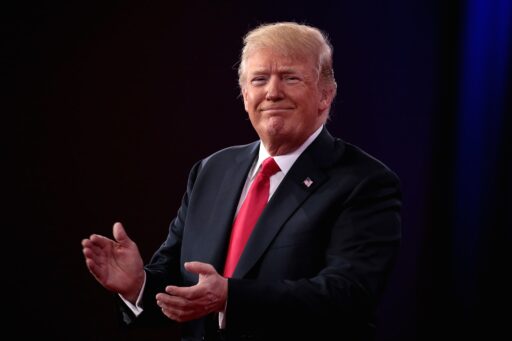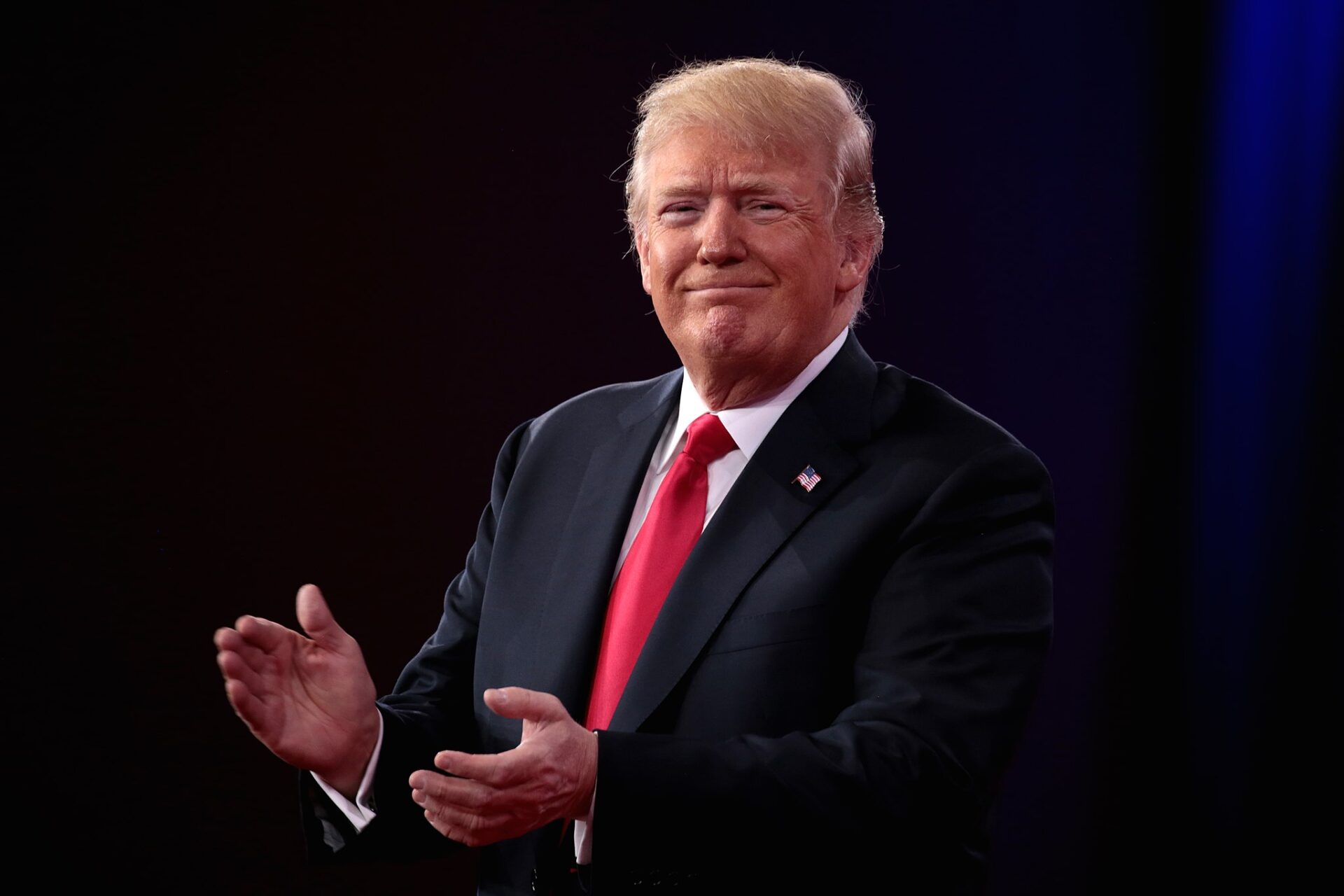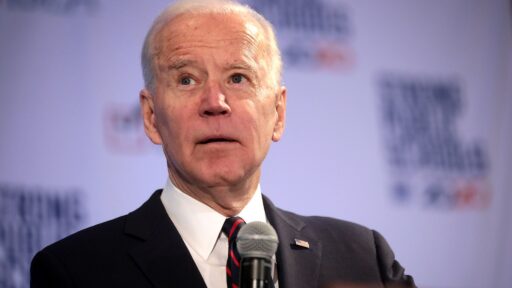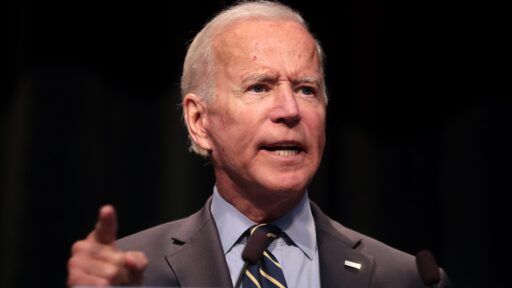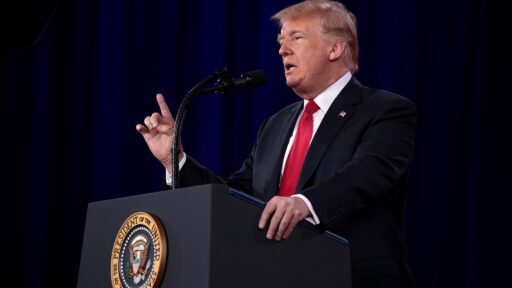Is their rivalry officially squashed?
Nikki Haley, whose recent withdrawal from the Republican presidential nomination race marked the culmination of a notable political journey, is now embarking on a new chapter as she joins the prestigious Hudson Institute, a leading conservative think tank renowned for its focus on international affairs and national security.
Having served as both the two-term governor of South Carolina and the U.S. Ambassador to the United Nations during the Trump administration, Haley brings a wealth of experience to her new role. The announcement of her appointment was met with praise from Hudson Institute President and CEO, John P. Walters, who hailed her as a proven leader in both foreign and domestic policy realms. He emphasized her unwavering commitment to defending freedom and advocating for American security and prosperity, qualities that align closely with the institute’s mission.
Throughout her presidential campaign, Haley distinguished herself with a robust stance on U.S. foreign policy, particularly in addressing global challenges such as the conflict between Russia and Ukraine, and the ongoing tensions in the Middle East. Her views often presented a sharp departure from the “America First” agenda espoused by former President Trump, highlighting her willingness to engage with international affairs proactively.
During the Republican primary debates, Haley engaged in spirited discussions with rivals like Vivek Ramanswamy, who championed Trump’s doctrine of prioritizing American interests above all else. Despite their differences, Haley remained steadfast in her belief that America’s leadership on the world stage is essential for global stability and prosperity.
In her new role at the Hudson Institute, Haley expressed her eagerness to continue advocating for policies that promote a secure, free, and prosperous future for America and its allies. Her appointment as the Walter P. Stern Chair, named in honor of a distinguished former leader of the institute, underscores her significant contributions to the field of international affairs.
While Haley’s presidential aspirations may have concluded for now, her commitment to advancing her principles remains unwavering. Refusing to endorse former President Trump, she has instead called upon him to earn the support of those within and outside the Republican Party who may have reservations about his leadership.
As Haley embarks on this new chapter of her career, her voice and expertise are poised to make a lasting impact on the discourse surrounding America’s role in the world and the policies that shape its future.


